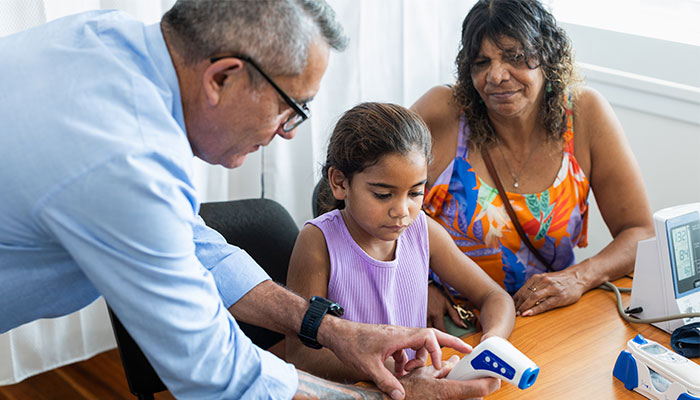The new immunotherapy is a combination of two drugs – enfortumab vedotin (EV) and pembrolizumab – delivered by infusion, and it is now being submitted to regulatory authorities for approval as a first‑line, or primary, treatment for advanced urothelial cancer.
If approved, it would represent the first significant change in treatment for urothelial and bladder cancer in 30 years.
Advancement: Most people diagnosed with bladder cancer are over 60 years old and 75 per cent are male.
A total of 886 patients at 50 sites worldwide took part in EV-302, a randomised Phase Three trial to compare the effectiveness of the EV-pembrolizumab combination with that of chemotherapy in patients with locally advanced or metastatic urothelial carcinoma.
Urothelial carcinoma is the term for a group of aggressive cancers affecting the bladder and parts of the urothelial tract, including the cells lining the ureter and parts of kidneys.
Bladder cancer is the most common of these and every year more than 573,000 people globally and about 3100 Australians are diagnosed with the devastating disease. Most people diagnosed are over the age of 60, and about 75 per cent are male.
Macquarie University Hospital (MUH) was the only site in NSW and one of just six in Australia to take part in the EV-302 trial. Nine MUH patients participated.
Macquarie Medical Oncologist Dr Alison Zhang was the principal chief investigator at MUH, working with associate investigator and Macquarie University Director of Clinical Trials, Professor Howard Gurney, and a team of researchers and trials staff.
... this therapy could still mean long-term remission for many patients, and the results support it becoming the new standard of care for urothelial cancer.
Dr Zhang says the findings, which were presented at the European Society for Medical Oncology (ESMO) Congress 2023, are ground-breaking.
“This represents a major milestone in treatment, with the potential to revolutionise patient care,” she says.
“Until now, the most effective treatment available has been chemotherapy, with a combination of the drugs cisplatin and gemcitabine, but even with treatment, the survival rate is poor.
“There have been dozens of trials over the years trying to improve on that, without success.
“Compared to chemotherapy, the EV-pembrolizumab combination has doubled the median progression-free time from 6.3 months to 12.5 months, and nearly doubled the median overall survival time from 16.1 months to 31.5 months.”
- 14 breast cancer myths busted
- Scam the scammers: New AI fake victims to disrupt criminal business model
Sixty-eight per cent of patients in the trial had shrinkage of their cancer with the EV-pembrolizumab combination compared to 44 per cent of patients who received chemotherapy.
Of the patients who received the new therapy, 29.1 per cent experienced a complete response, compared to 12.5 per cent of chemotherapy patients.

Dr Zhang, pictured above, says complete response is not always synonymous with cure, as urothelial cancer is an aggressive disease.
“However, this therapy could still mean long-term remission for many patients, and the results support it becoming the new standard of care for urothelial cancer,” she says.
The new therapy was developed by Seagen Inc., Astellas Pharma Global Development Inc., and Merck Sharp & Dohme LLC.
Dr Alison Zhang is a medical oncologist with MQ Health Cancer Services.
Would you like to support cancer research at Macquarie University? Donations are tax deductible, and 100 per cent of your gift goes to your chosen cause, with no deductions for administrative costs.



